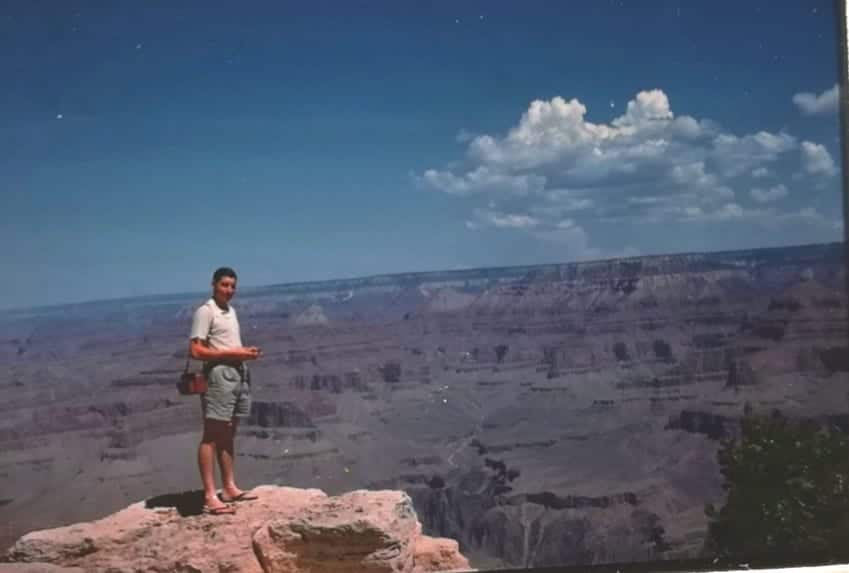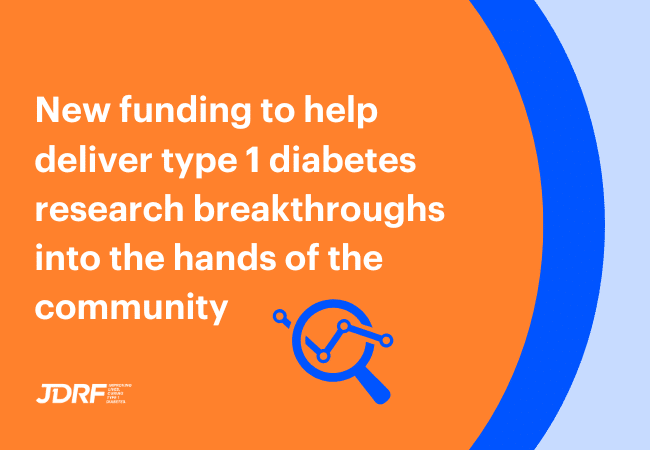“My father lived with T1D for 81 years. He never let it stop him”: Rob Brice’s story
Living with type 1 diabetes and managing all the complexities that accompany it, can be a dispiriting journey. Sometimes it’s a challenge to find the bright side or have hope for a “normal” life. As someone with T1D herself, Sue Tofful understands these difficulties and decided to share the inspiring story of her father’s life to give hope to anyone who’s feeling overwhelmed by their daily struggle with T1D.
Last month, I bid farewell to my beloved father who at 2 months shy of 86 was, we are told, one of the longest persons on insulin in Australia. Robert Hosking Brice was born in 1933 in Mt. Gambier South Australia and spent the bulk of his childhood in Adelaide. When he was 5 he was diagnosed with what was then called Juvenile Onset Diabetes. Insulin had only been discovered 12 years before his birth, so it was very early days and I don’t envy Gran and Pama trying to keep dad alive with the primitive methods used back then. There wasn’t a lot of awareness about type one at the time and Gran (who was a nurse), thought Dad was “only a little bit diabetic” and would eventually be cured, not understanding the full implications of the disease.

Showing the strength and stoicism that would define his personality, Dad didn’t let T1D stand in his way. He told me how he used to be teased at school for being the boy who had to have white powder (dextrose) from the jar in the teachers’ cupboard if he was having a hypo. In the early 1940’s, he would regularly pedal his push-bike down to the shop to buy a huge block of ice for the family ice chest, coming back with it balanced precariously on the handle bars. No mean feat in an Adelaide summer, let alone with diabetes!Dad was Director of Pharmacy at a hospital for 22 years – there he took his department from 2 pharmacists and a porter housed in a rejected weatherboard ward to 11 pharmacists, 2 technicians, 1 trainee and admin staff, all still housed in the same rejected weatherboard ward! Dad just got on with things and I credit him with teaching me to manage our disease with discipline, routine and resilience, from the minute I was diagnosed at 14. Our mutual endocrinologist was inspired to speak about Dad at a conference in Europe years ago. Dad of course thought that was a fuss over nothing, but I know how hard it is, so I think he deserved the fuss. Dad took voluntary retirement at a youthful 59 (1992). After retirement came years of one of Dad’s favourite things – travel.In the late 1950s, after university, Dad travelled through Europe with friends, keeping his insulin wrapped in a towel in the centre of his suitcase to keep it cool. After retirement, he travelled the world with mum. He and mum travelled everywhere – Antarctica, Africa, the Amazon, the Arctic, Europe and all over Australia. He hiked in the Grand Canyon and skied all his life, till his early 70s. He was disciplined and sensible with his diabetes management and reinforced this to me. Because he was so physically active with a fast metabolism and very insulin sensitive, he “ran himself high”, more than “the medicos” preferred for most of his adult life. He always said it kept him safer from hypos and, in the days of checking glucose levels by weeing on a stick, meant he reduced the likelihood of suffering from a hypo whilst on a Fjord in Norway! He self-managed till he was about 70 and then, upon my insistence, started seeing my endo.
Although he had leg circulation issues towards the end of his life, his eyesight remained spot on and there were no signs of any of the other issues poorly controlled diabetes can sometimes lead to. I can’t help but be grateful that it wasn’t T1D or any of its complications that took him away from us.
The reason I’ve shared his story is to inspire us all, for all those who feel like it’s too hard. You can do it. He did.
The views expressed in this post are the personal opinion of the author and are not intended to dispense or replace any medical advice.




